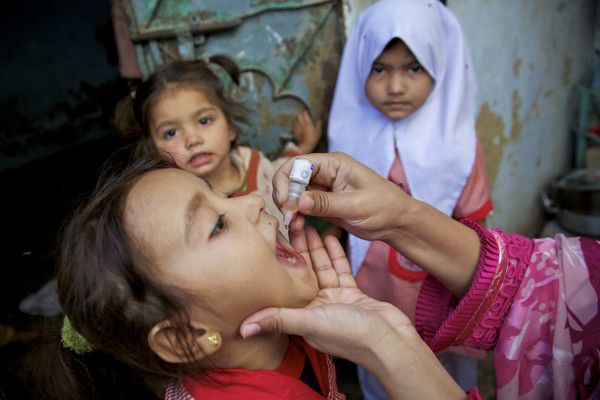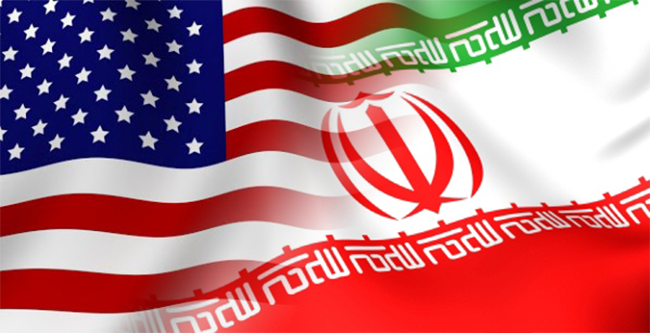
Although polio, a disease that primarily targets young children, has no cure at this time, it is preventable with a simple vaccination. Since the launch of the “Global Polio Eradication Initiative” in 1988, (supported by national governments, the World Health Organization, UNICEF, and the Bill and Melinda Gates Foundation), the number of polio cases has decreased significantly. According to the WHO, only three countries (Afghanistan, Nigeria and Pakistan) remain polio-endemic today.
Efforts have been made to control the spread of the disease, for example, by the WHO, which imposed a travel restriction for anyone leaving the country. Those travelers are required to not only be vaccinated for polio, but to obtain a certificate as proof as well. Last month, a record high of 202 polio cases was recorded in Pakistan. The country is not only losing the battle against the disease, but there seems to be a separate war against health care activists working to fight the disease. Since 2012, over 60 polio workers have been killed in Pakistan. Why is administrating a polio vaccination to children so deadly in Pakistan?
Polio is most prevalent in the Federally Administered Tribal Areas (FATA) of Pakistan, with about 70% of cases occurring in this region. The reason FATA sees such a high number of cases compared to the rest of the country is primarily because the Taliban, who control the region, have banned the administration of polio vaccinations. In retaliation to U.S. drone strikes, the Taliban banned the initiative in 2011. Accusing polio workers of being foreign spies, the Taliban has ensured that children in FATA remain at risk of contracting polio. With the displacement of almost 350 000 people following the state’s military operation in North Waziristan, the risk of spreading polio elsewhere in Pakistan country is greater.
It is unfortunate that even initiatives put in place by third parties, such as the travel restriction by the WHO, are not taken seriously. After spending three months in Pakistan this past summer, I obtained the required vaccination as well as the certificate of proof. Upon entering the Islamabad airport, I was saddened to see that not a single airport official so much as mentioned the certificate, let alone asked to see it at any point before letting me board my flight.
The state must step up and implement strategic approaches to help eradicate the disease. At minimum, respect and full cooperation should be made a priority. By standing idle and allowing the Taliban to refuse polio vaccinations in FATA, the Pakistani government has failed those families who cannot obtain vaccinations. The fact that it is one of only three countries left in the world that remain polio-endemic is deplorable, particularly because it is capable of removing itself from that list.




